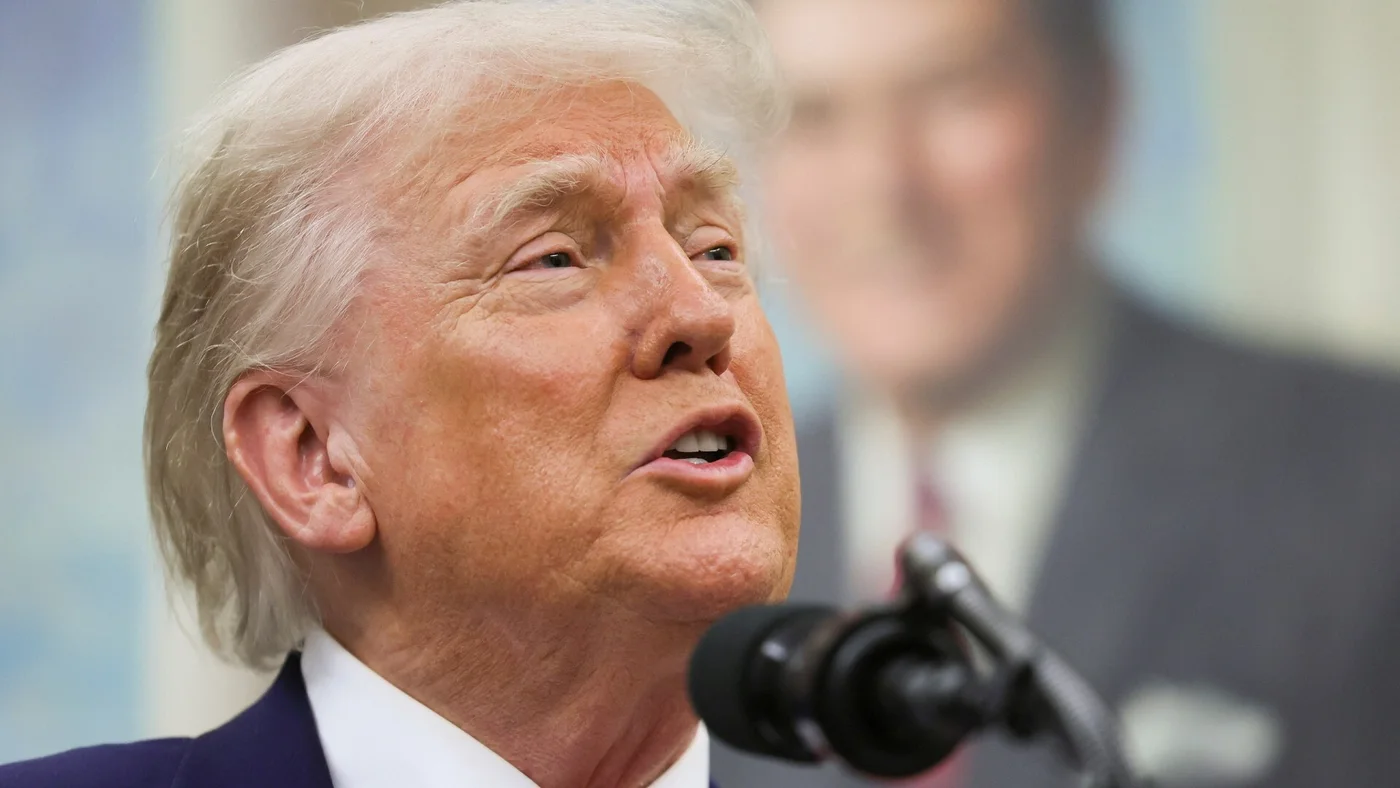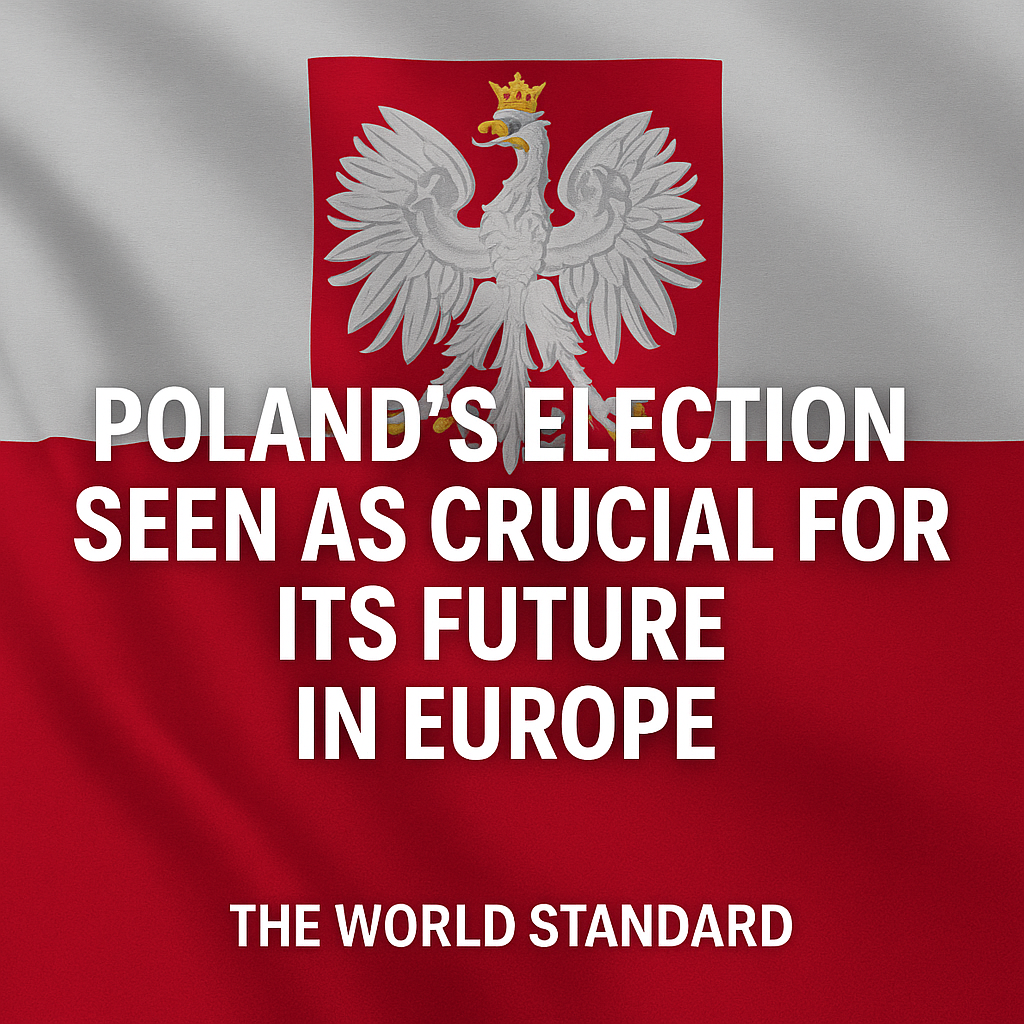Former US President Donald Trump has reportedly told Israeli Prime Minister Benjamin Netanyahu that any Israeli military strike on Iran at this stage would be “not appropriate,” as Washington continues backchannel nuclear talks with Tehran, according to sources cited by Middle East Eye.
The private communication took place amid rising tensions in the Middle East and ongoing speculation that Israel may be preparing for a unilateral strike on Iran’s nuclear facilities. Trump’s comments come as a surprise given his historically close alignment with Netanyahu and his administration’s hardline stance on Iran, including the withdrawal from the 2015 nuclear deal (JCPOA) and the implementation of sweeping sanctions.
According to sources familiar with the conversation, Trump urged Netanyahu to show restraint and allow ongoing diplomatic efforts to proceed. “The message was clear: don’t act now,” one source told Middle East Eye. “Trump believes that a strike at this point could derail negotiations and provoke broader regional instability.”
The backdrop to Trump’s warning is the Biden administration’s push to re-engage Iran in nuclear negotiations through indirect channels. Over the past two weeks, senior US and Iranian officials have reportedly held secret talks in Oman and Qatar. While progress has been limited, diplomats from both sides have expressed cautious optimism about reaching a new understanding, particularly around uranium enrichment caps and sanctions relief.
Netanyahu, however, has expressed growing impatience with the diplomatic process. In recent weeks, Israeli military leaders have openly discussed the possibility of striking Iran’s nuclear infrastructure, citing intelligence assessments that Tehran has now enriched uranium close to weapons-grade levels. Netanyahu has long maintained that Israel reserves the right to act independently to ensure its security.
Israeli defense officials have neither confirmed nor denied operational plans but have said that the country’s forces are “ready for any scenario.” Meanwhile, satellite imagery has revealed heightened activity at Israeli airbases, further fueling speculation.
Trump’s intervention is politically significant. Though no longer in office, Trump remains a leading figure in US politics and is expected to be the Republican presidential nominee in the 2026 election. His stance could influence both Israeli decision-making and internal American debates on Iran policy.
For Netanyahu, the message may be particularly impactful. Trump was instrumental in facilitating Israel’s normalization deals with Arab states under the Abraham Accords, and the two leaders have long shared a close rapport. Nonetheless, Netanyahu is facing pressure from hardline elements within his coalition to act against Iran preemptively.
Trump’s remarks also reflect growing concern among Western and Gulf states that a military escalation could unravel fragile regional dynamics. A strike on Iran could trigger retaliatory actions across the region, including by Iran-backed groups in Lebanon, Syria, Iraq, and Yemen, and disrupt global energy markets.
While some analysts believe Netanyahu may still press forward with limited strikes or covert operations, the pressure from Trump adds to the diplomatic weight being exerted by the US and European allies to avoid open confrontation.
The Iranian government has responded cautiously to reports of the renewed US talks and Israeli threats. Foreign Ministry spokesperson Nasser Kanaani said that while Iran remains committed to diplomacy, “we will not tolerate threats or aggression,” reiterating Tehran’s right to defend itself.
For now, the situation remains tense but contained. The coming weeks could prove critical as negotiators attempt to de-escalate and potentially revive some framework of nuclear restraint. In the meantime, Trump’s message to Netanyahu marks a rare moment of divergence between two longtime allies on one of the most sensitive geopolitical flashpoints in the Middle East.
Source: Middle East Eye



